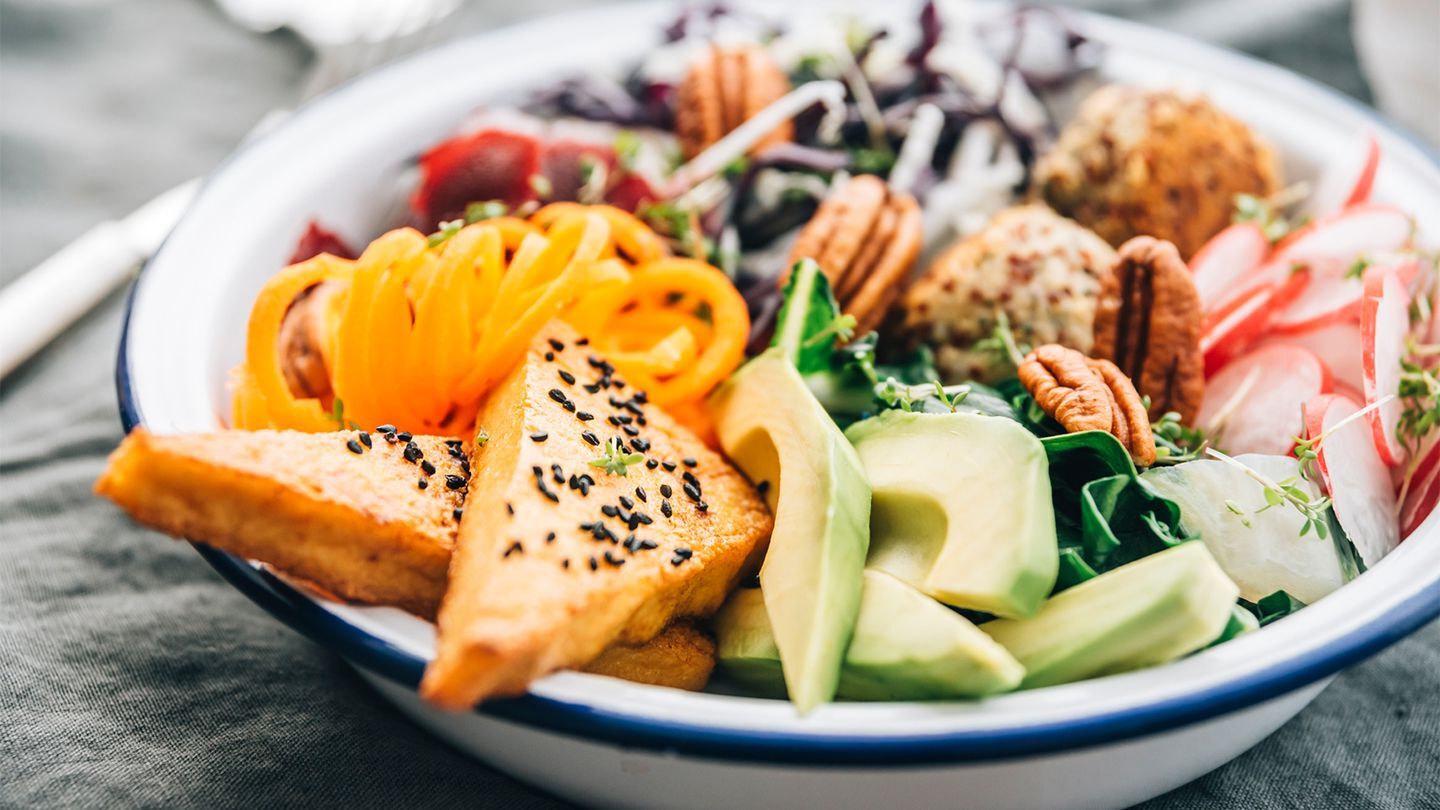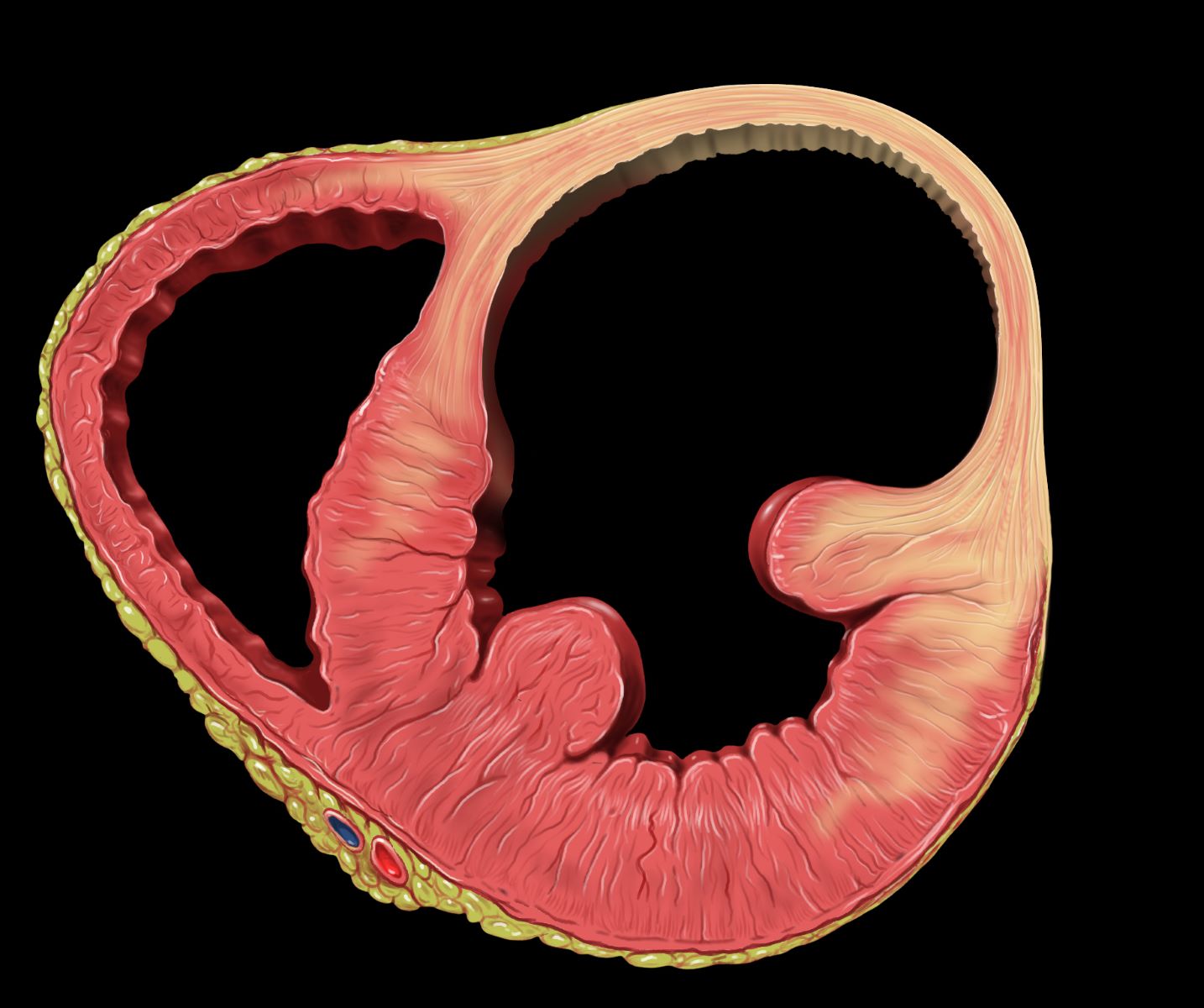
Lean proteins are essential for a healthy diet, but what exactly makes them so special? Lean proteins are low in fat and calories yet packed with nutrients. They help build and repair muscles, keep you full longer, and support overall health. From chicken breast to tofu, these proteins come in various forms, making it easy to include them in your meals. Whether you're an athlete, a busy parent, or just someone looking to eat healthier, understanding the benefits of lean proteins can make a big difference. Ready to learn more? Here are 35 facts that will change how you think about lean proteins.
Key Takeaways:
- Lean proteins like chicken, turkey, and fish are great for building muscles, keeping you full longer, and supporting heart and bone health. They're also easy to cook with methods like grilling and baking.
- Including lean proteins in your diet can help stabilize blood sugar levels, improve digestive health, and boost your metabolism. They also support immune function, hormone regulation, and skin health.
What Are Lean Proteins?
Lean proteins are essential for a healthy diet. They provide the necessary nutrients without the extra fat. Here are some interesting facts about lean proteins.
- Chicken breast is one of the most popular sources of lean protein. It contains about 31 grams of protein per 100 grams.
- Turkey is another excellent source. It has around 29 grams of protein per 100 grams.
- Fish, especially white fish like cod and haddock, are low in fat and high in protein.
- Egg whites are almost pure protein, with about 3.6 grams of protein per egg white.
- Greek yogurt is a great dairy option, offering around 10 grams of protein per 100 grams.
- Tofu is a plant-based protein that contains about 8 grams of protein per 100 grams.
- Lentils are legumes rich in protein, providing about 9 grams of protein per 100 grams.
- Quinoa is a grain that offers around 4 grams of protein per 100 grams.
- Edamame are young soybeans packed with protein, offering about 11 grams per 100 grams.
- Cottage cheese is another dairy option, with around 11 grams of protein per 100 grams.
Benefits of Lean Proteins
Lean proteins offer numerous health benefits. They help in muscle building, weight management, and overall health improvement.
- Muscle growth is supported by lean proteins, which provide the necessary amino acids.
- Weight loss can be aided by lean proteins, as they help you feel full longer.
- Heart health benefits from lean proteins, which are lower in saturated fats.
- Bone health improves with lean proteins, which provide essential nutrients like calcium and phosphorus.
- Metabolism gets a boost from lean proteins, aiding in better energy utilization.
- Immune function is supported by lean proteins, which help in the production of antibodies.
- Skin health benefits from lean proteins, which aid in collagen production.
- Hormone regulation is influenced by lean proteins, which are involved in hormone synthesis.
- Blood sugar levels can be stabilized with lean proteins, helping to prevent spikes and crashes.
- Digestive health improves with lean proteins, which are easier to digest compared to fatty proteins.
Sources of Lean Proteins
There are various sources of lean proteins, both animal and plant-based. Each source offers unique benefits and nutritional profiles.
- Lean beef is a good source, with around 26 grams of protein per 100 grams.
- Pork tenderloin offers about 22 grams of protein per 100 grams.
- Bison is a lean red meat option, providing around 20 grams of protein per 100 grams.
- Venison is another lean meat, with about 24 grams of protein per 100 grams.
- Shrimp is a seafood option, offering around 24 grams of protein per 100 grams.
- Scallops are another seafood choice, with about 20 grams of protein per 100 grams.
- Chickpeas are a plant-based option, providing around 19 grams of protein per 100 grams.
- Black beans offer about 21 grams of protein per 100 grams.
- Peas are another legume, with around 5 grams of protein per 100 grams.
- Hemp seeds are a plant-based source, offering about 31 grams of protein per 100 grams.
Cooking with Lean Proteins
Cooking lean proteins can be simple and delicious. Here are some tips and facts to help you get the most out of your meals.
- Grilling is a great way to cook lean proteins without adding extra fat.
- Baking lean proteins helps retain their nutrients and flavor.
- Steaming is another healthy cooking method that preserves the protein content.
- Marinating lean proteins can enhance their flavor without adding unhealthy fats.
- Stir-frying with a small amount of oil is a quick and healthy way to prepare lean proteins.
Final Thoughts on Lean Proteins
Lean proteins are a game-changer for your diet. They help build muscle, keep you full longer, and support overall health. Foods like chicken breast, turkey, fish, beans, and tofu are excellent sources. Including a variety of these in your meals can make a big difference. They’re not just for bodybuilders; everyone can benefit. Plus, they’re versatile and can fit into many recipes. Whether you’re looking to lose weight, gain muscle, or just eat healthier, lean proteins are a solid choice. Remember, balance is key. Pair them with veggies, whole grains, and healthy fats for a well-rounded diet. So next time you plan your meals, think lean. Your body will thank you.
Frequently Asked Questions
Was this page helpful?
Our commitment to delivering trustworthy and engaging content is at the heart of what we do. Each fact on our site is contributed by real users like you, bringing a wealth of diverse insights and information. To ensure the highest standards of accuracy and reliability, our dedicated editors meticulously review each submission. This process guarantees that the facts we share are not only fascinating but also credible. Trust in our commitment to quality and authenticity as you explore and learn with us.


